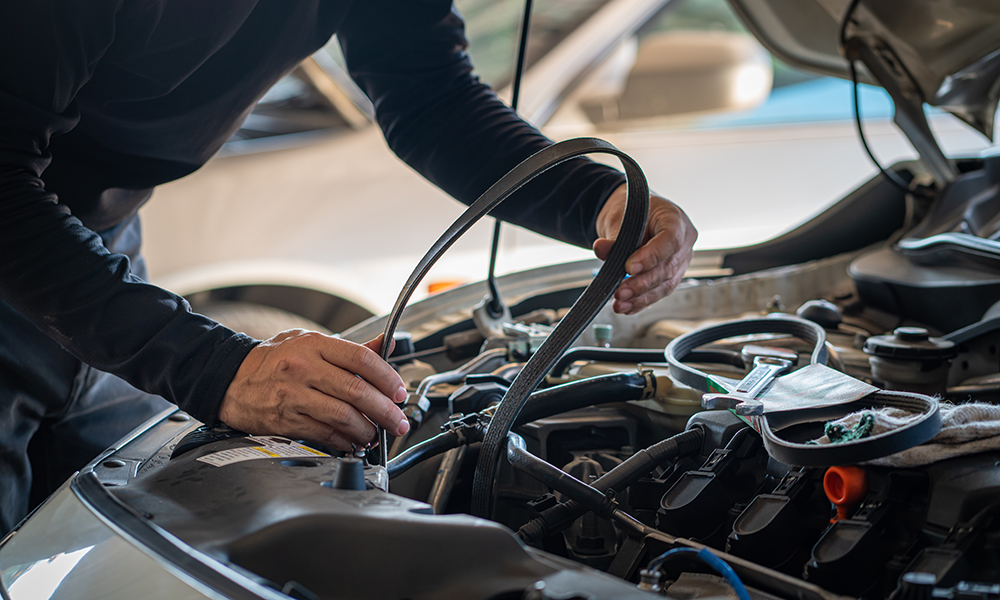It's essential to understand that timing belts work under immense pressure and heat, which can take a considerable toll on the component over time. Manufacturers typically recommend replacing timing belts every 60,000 to 100,000 miles, depending on the car make and model. Failure to replace a worn-out timing belt can quickly cause extensive damage to the engine and leave you with significant repair bills.

Thankfully, there are various warning signs of a failing timing belt that you can look out for. These include a high-pitched squeaking noise from the engine, difficulty starting the car, and decreased engine performance. If you experience any of these symptoms, it's crucial to have a professional mechanic inspect your timing belt to prevent further damage.
Timing belt replacement can be a complex and intricate procedure, depending on the car make and model. As such, it's essential to have a knowledgeable and qualified mechanic perform the task. Replacing your timing belt will involve dismantling part of the engine, so it's crucial to have someone who knows what they're doing carry out the job.
In conclusion, car timing belts are an essential component of your car's internal system, and their upkeep should not be overlooked. Regular maintenance and replacement when necessary can save you a lot of money in the long run and prevent significant engine damage. If you notice any of the warning signs of a failing timing belt, it's best to get a professional inspection as soon as possible. Remember, prevention is always better than cure when it comes to your car's health.